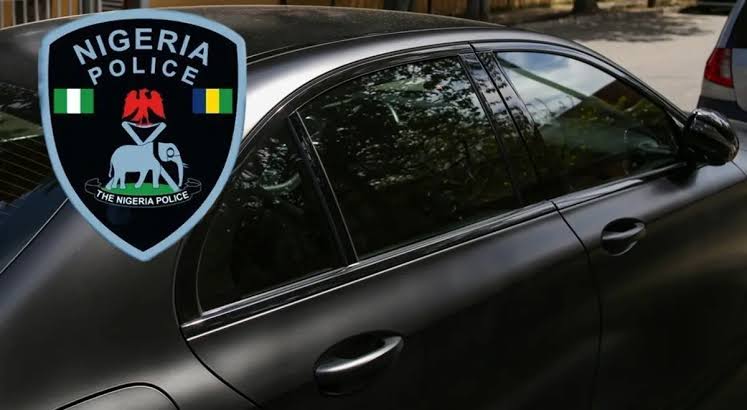National Issues
Enforcement Of Tinted Glass Law: Court Papers Are Not Court Orders -By Adewole Kehinde
The Motor Vehicle Tinted Glass law remains valid and binding in Nigeria. Until there is a pronouncement by a competent court setting aside, suspending, or restraining its enforcement, the police have both the right and responsibility to implement it.

The Nigeria Police Force has announced that enforcement of the Motor Vehicle Tinted Glass law will commence on Thursday, 2 October 2025.
As expected, debates and misconceptions have followed this directive, with some suggesting that ongoing legal challenges or the mere service of court papers are enough to halt enforcement. This is both misleading and legally inaccurate.
Let it be stated clearly: only an order of a competent court can suspend the enforcement of an existing law. The mere filing of a case in court, or the service of court papers on the police, does not automatically translate into a stay of action.
In law, the distinction between filing a suit and obtaining an enforceable order is significant and must not be confused.
The Motor Vehicle Tinted Glass law remains valid and binding in Nigeria. Until there is a pronouncement by a competent court setting aside, suspending, or restraining its enforcement, the police have both the right and responsibility to implement it.
Citizens must understand that the rule of law thrives on clarity, not assumptions.
It is, therefore, misguided for some individuals or groups to attempt to whip up sentiments against the Nigeria Police Force by suggesting that enforcement should stop simply because papers have been filed in court.
Such reasoning is not only legally unsound but also undermines respect for the judiciary itself. The courts exist to interpret the law, not to be preempted by speculative arguments.
The essence of the tinted glass regulation is rooted in national security and public safety. Criminal elements have long exploited tinted vehicles to conceal identities and commit heinous crimes.
While genuine vehicle owners who require factory-fitted tints for health or manufacturing reasons have a lawful channel to obtain permits, those who circumvent this process cannot claim victimisation when the law catches up with them.
Enforcement of laws, no matter how uncomfortable for some, is a hallmark of a civilised society. Where citizens disagree with the existence or scope of a law, the right approach is to challenge it in court and obtain a clear, binding order, not to mislead the public into believing that litigation alone suspends enforcement.
As enforcement begins on October 2, 2025, motorists are advised to comply fully. The law is clear, the mandate of the police is firm, and there is no subsisting court order restraining enforcement.
Until and unless such an order is obtained, the Nigeria Police Force is duty-bound to enforce the tinted glass law without fear or favour.
The message is simple: court papers are not court orders. Compliance with the law is not optional; it is mandatory.
Adewole Kehinde is a public affairs analyst based in Abuja. 08166240846. kennyadewole@gmail.com @kennyadewole










